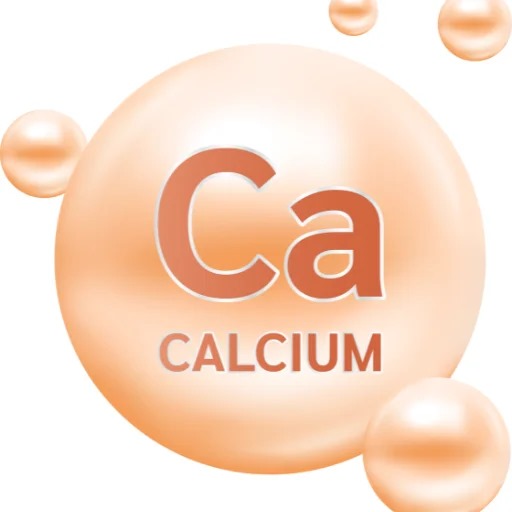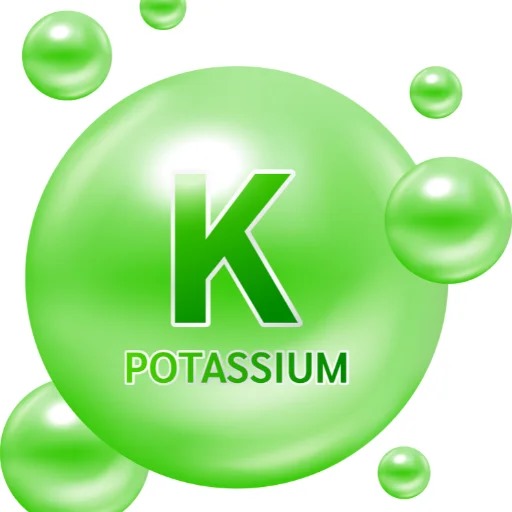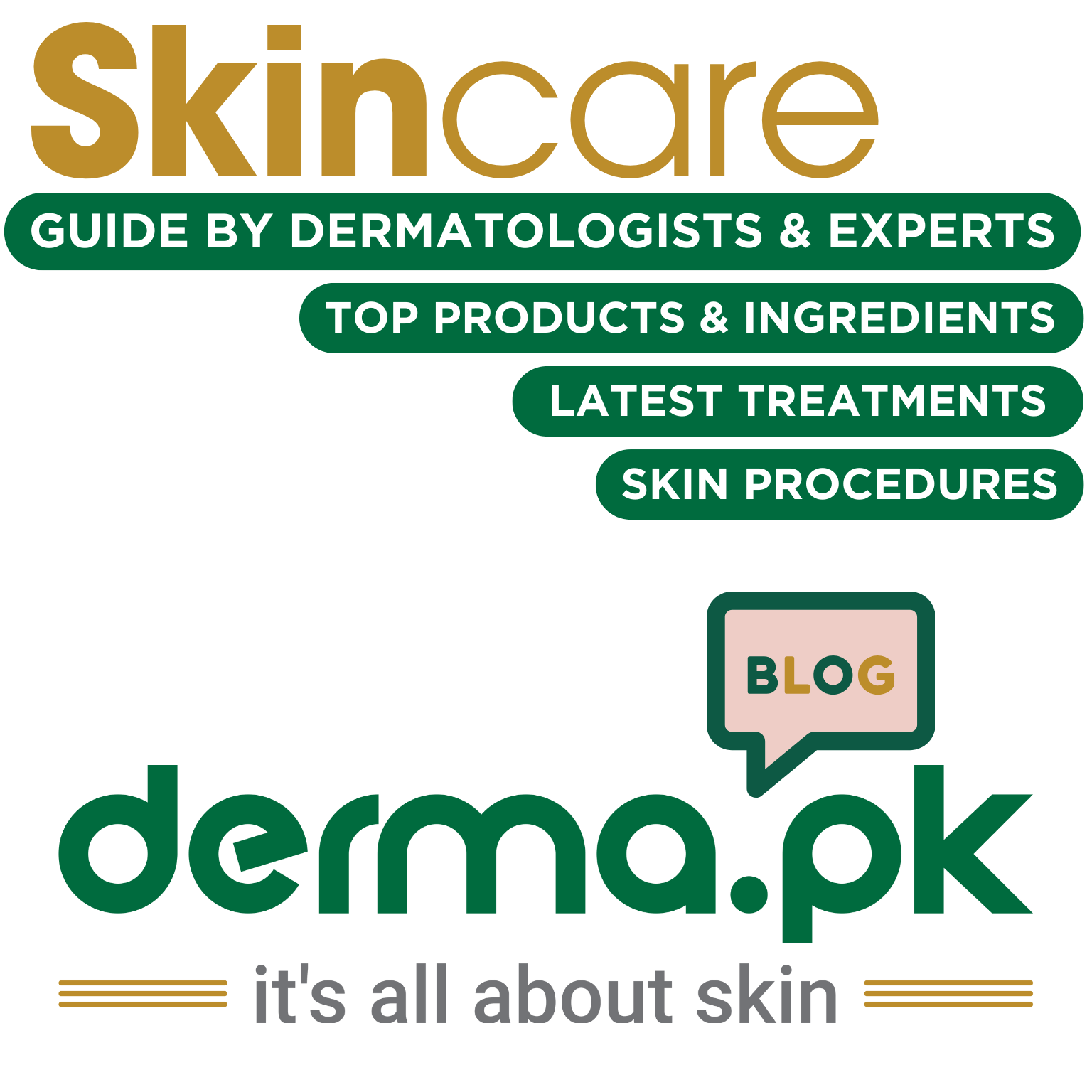Reasons for Nutritional Deficiencies
There are several reasons why someone might develop nutritional deficiencies. Here are some of the most common:
Inadequate Intake:
- Poor diet: This is the most common cause of nutritional deficiencies. People who eat a limited variety of foods, or who rely heavily on processed foods, may not be getting the nutrients they need.
- Food insecurity: This is a lack of consistent access to enough nutritious food. It can be caused by poverty, lack of access to healthy food options, or natural disasters.
- Disordered eating: Eating disorders, such as anorexia nervosa and bulimia nervosa, can lead to significant nutritional deficiencies.
- Age-related changes: As people age, their bodies may become less efficient at absorbing nutrients from food.
Impaired Absorption:
- Gastrointestinal disorders: Conditions such as celiac disease, inflammatory bowel disease, and Crohn’s disease can damage the digestive system and interfere with nutrient absorption.
- Surgery: Certain surgeries, such as gastric bypass surgery, can reduce the amount of surface area in the digestive system available for nutrient absorption.
- Medications: Some medications can interfere with the absorption of certain nutrients.
Increased Requirements:
- Pregnancy and lactation: Women who are pregnant or breastfeeding need increased amounts of certain nutrients, such as iron, folic acid, and calcium.
- Chronic diseases: Chronic diseases, such as cancer, kidney disease, and heart disease, can increase the body’s need for certain nutrients.
- Physical activity: People who are physically active need more calories and nutrients than those who are sedentary.
Altered Metabolism:
- Genetic factors: Some people have genetic conditions that affect their ability to absorb or utilize certain nutrients.
- Liver disease: The liver plays an important role in processing and storing nutrients. Liver disease can interfere with this process and lead to deficiencies.
- Alcohol abuse: Alcohol abuse can damage the liver and interfere with nutrient absorption.
Other factors:
- Environmental factors: Factors such as pollution and exposure to toxins can affect nutrient absorption and metabolism.
- Socioeconomic status: People with lower socioeconomic status are more likely to have nutritional deficiencies due to limited access to healthy food and healthcare.
It is important to note that nutritional deficiencies can interact with each other and worsen the effects of each other. For example, iron deficiency can make it more difficult to absorb vitamin A, and vitamin A deficiency can make it more difficult to absorb iron.
If you are concerned about your risk of developing nutritional deficiencies, talk to your doctor. They can assess your diet and medical history and recommend appropriate testing and treatment.
Overcoming Nutritional Deficiencies: A Multi-Pronged Approach
Addressing nutritional deficiencies often requires a multi-pronged approach that combines dietary changes, supplementation, and sometimes even medical intervention. Here’s how you can tackle these deficiencies:
Dietary Changes:
- Focus on whole foods: Prioritize whole fruits, vegetables, whole grains, lean protein sources, and healthy fats. These foods are packed with essential nutrients and fiber, promoting overall health and nutrient absorption.
- Diversify your protein intake: Include both animal and plant-based sources of protein to ensure adequate amino acid availability for various bodily functions, including hair growth.
- Incorporate healthy fats: Omega-3 fatty acids from fatty fish, flaxseeds, and walnuts are crucial for scalp health and hair growth.
- Consider superfoods: Foods like berries, spinach, and avocados are rich in antioxidants and other beneficial nutrients for healthy hair and overall well-being.
- Read food labels: Pay attention to serving sizes and nutrient content of packaged foods to make informed choices.
- Consult a registered dietitian: They can analyze your diet and recommend personalized strategies for improving nutrient intake.
Supplementation:
- Iron supplements: If you have iron deficiency, your doctor might recommend iron supplements. Consult them about dosage and potential side effects.
- Vitamin D supplements: Especially in regions with limited sunlight exposure, supplementing with Vitamin D can be beneficial, particularly during winter months.
- Biotin supplements: While generally safe, consult with your doctor before starting biotin supplements, especially if you have any pre-existing medical conditions.
- Multivitamins: Consider a multivitamin if you struggle to meet your nutrient needs through diet alone.
Medical Intervention:
- For underlying conditions: If an underlying medical condition like celiac disease or Crohn’s disease is causing nutrient deficiencies, managing the condition effectively is crucial.
- Addressing absorption issues: If you have issues with nutrient absorption, your doctor might recommend medication or dietary adjustments to improve it.
- Special dietary needs: Pregnant or breastfeeding women, individuals with chronic diseases, or those with specific dietary restrictions might require specialized medical guidance for optimal nutrient intake.
Lifestyle Modifications:
- Address stress: Chronic stress can negatively impact nutrient absorption. Prioritize stress management techniques like exercise, meditation, or yoga.
- Stay hydrated: Drinking enough water is essential for overall health and nutrient transport throughout the body.
- Regular physical activity: Exercise improves nutrient absorption and utilization, promoting overall health and well-being.
- Get enough sleep: Adequate sleep is crucial for optimal bodily functions, including nutrient metabolism.
Remember:
- Consistency is key: Implementing dietary changes and adhering to a supplementation routine consistently are crucial for overcoming deficiencies and achieving long-term results.
- Individual needs vary: Consult your doctor or a registered dietitian for personalized guidance based on your specific needs and health conditions.
- Patience is essential: It takes time for dietary changes and supplementation to show noticeable results. Be patient, consistent, and celebrate your progress along the way.
By combining these strategies, you can effectively overcome nutritional deficiencies, nourish your body from the inside out, and achieve optimal hair health and overall well-being.
Symptoms of Nutritional Deficiencies: Recognizing the Warning Signs
The symptoms of nutritional deficiencies can vary depending on the specific nutrient deficiency, but some general indicators include:
Hair:
- Hair loss or thinning: This is a common symptom of deficiencies in iron, vitamin D, biotin, and protein.
- Dry, brittle hair: This can be a sign of deficiencies in biotin, vitamin A, and essential fatty acids.
- Dull, lifeless hair: This can be caused by deficiencies in iron, vitamin B12, and copper.
- Scalp problems: Dandruff, itching, and inflammation of the scalp can be caused by deficiencies in biotin, zinc, and essential fatty acids.
Skin:
- Dry, flaky skin: This can be a sign of deficiencies in vitamin A, essential fatty acids, and vitamin B3.
- Pale skin: This can be a sign of iron deficiency.
- Cracked lips: This can be a sign of deficiencies in iron, vitamin B2, and riboflavin.
- Slow-healing wounds: This can be a sign of deficiencies in zinc, vitamin C, and protein.
Nails:
- Brittle nails: This can be a sign of deficiencies in biotin, iron, and vitamin B12.
- Spoon-shaped nails: This can be a sign of iron deficiency.
- White spots on the nails: This can be a sign of zinc deficiency.
Other symptoms:
- Fatigue and weakness: This can be a sign of deficiencies in iron, vitamin B12, and magnesium.
- Loss of appetite: This can be a sign of deficiencies in iron, zinc, and vitamin B12.
- Headaches: This can be a sign of deficiencies in iron, magnesium, and vitamin B12.
- Muscle cramps: This can be a sign of deficiencies in magnesium, potassium, and calcium.
- Numbness and tingling: This can be a sign of deficiencies in vitamin B12 and vitamin B6.
- Mood swings: This can be a sign of deficiencies in iron, magnesium, and vitamin B12.
It’s important to note that these symptoms can also be caused by other conditions, so it’s important to see a doctor for a diagnosis if you are experiencing any of them. They can help determine if you have any nutritional deficiencies and recommend the best course of treatment.
Here are some additional tips for recognizing the symptoms of nutritional deficiencies:
- Keep a food diary: Tracking your diet can help you identify any areas where you may be deficient in certain nutrients.
- Pay attention to your hair, skin, and nails: Changes in the appearance of these tissues can be early signs of nutritional deficiencies.
- Listen to your body: Be aware of any changes in your energy levels, mood, or sleep patterns, as they could be indicators of nutritional deficiencies.
- Get regular checkups: Your doctor can check for nutritional deficiencies during your annual physical.
By being aware of the symptoms of nutritional deficiencies, you can take steps to address them early and improve your overall health and well-being.
Iron, Vitamin D, Biotin, and Other Nutrient Deficiencies: Impact on Hair Health and Potential for Improvement
Iron, vitamin D, biotin, and other nutrients play crucial roles in maintaining healthy hair growth and preventing problems like thinning, breakage, dryness, and loss of color. When deficiencies occur, these crucial functions are compromised, leading to visible hair issues. However, addressing these deficiencies through diet or supplementation can significantly improve hair health and restore its natural beauty.
Here’s how these specific nutrients impact hair health:
Iron:
- Role: Transports oxygen to hair follicles, vital for their growth and function.
- Deficiency: Leads to stunted hair growth, increased hair shedding, and eventual hair loss, especially in women.
- Improvement: Iron supplementation, along with dietary sources like red meat, poultry, fish, lentils, and leafy greens, can stimulate hair growth and reduce shedding.
Vitamin D:
- Role: Promotes cell growth and differentiation, including hair follicles.
- Deficiency: Linked to hair loss, particularly in individuals with alopecia areata.
- Improvement: Vitamin D supplementation, especially during winter months with limited sunlight exposure, can promote hair growth and combat hair loss.
Biotin:
- Role: Essential for the production of keratin, the protein that forms the main structural component of hair.
- Deficiency: Manifests as dry, brittle, and thinning hair.
- Improvement: Biotin supplements, along with dietary sources like eggs, nuts, seeds, and sweet potatoes, can improve hair strength, texture, and thickness.




Other essential nutrients for hair health:
- Zinc: Plays a role in keratin and collagen production, both crucial for hair structure. Deficiency leads to thinning, breakage, and hair loss.
- Omega-3 fatty acids: Promote scalp health and hair growth. Deficiency can lead to dry, brittle hair.
- Vitamin A: Helps regulate oil production and prevents scalp dryness. Deficiency can lead to dry, brittle hair and hair loss.
- Vitamin C: Protects hair follicles from free radical damage and aids in iron absorption. Deficiency can lead to dry, brittle hair, split ends, and hair loss.
- Vitamin E: Another antioxidant that protects hair from damage and promotes scalp circulation. Deficiency can lead to dry, brittle hair and hair loss.
Addressing deficiencies through:
- Diet: Prioritizing a balanced diet rich in fruits, vegetables, whole grains, lean protein, and healthy fats ensures adequate nutrient intake for healthy hair growth.
- Supplementation: When dietary intake falls short, supplements can provide additional nutrients needed to combat deficiencies and improve hair health.
It’s important to note that the effectiveness of diet and supplementation may vary based on individual factors such as:
- Overall health and nutritional status: Individuals with existing health conditions or severe deficiencies may require specific interventions.
- Genetics: Some individuals may be genetically predisposed to hair loss, requiring a multifaceted approach beyond just nutrient correction.
- Dosage and duration: Following recommended dosage and duration for supplements is crucial for optimal results.
Therefore, consulting a healthcare professional or registered dietitian is vital before starting any new supplements. They can assess individual needs and recommend the most effective strategy for addressing nutrient deficiencies and achieving optimal hair health.
By addressing nutritional deficiencies through diet or supplementation, you can create an environment that nourishes hair follicles, fosters healthy growth, and promotes strong, vibrant hair. Remember, patience and consistency are key to witnessing the rewarding results of nourishing your hair from the inside out.
Conclusion and Final Thoughts
Nutritional deficiencies are a surprisingly common problem that can impact hair health in significant ways. By understanding the various nutrients essential for hair growth and the potential consequences of deficiencies, we can take steps to address these imbalances and promote vibrant, healthy hair.
Key takeaways:
- Inadequate intake, impaired absorption, increased requirements, and altered metabolism can all contribute to nutritional deficiencies.
- Common symptoms of nutritional deficiencies include hair loss, dryness, brittleness, and changes in scalp health.
- Iron, vitamin D, biotin, omega-3 fatty acids, zinc, and other nutrients play crucial roles in maintaining healthy hair.
- Addressing nutritional deficiencies through dietary changes, supplementation, and lifestyle modifications can significantly improve hair health.
- Consistency and patience are key to achieving long-term results.
Final thoughts:
Hair health is a reflection of our overall nutritional status. By prioritizing a balanced diet rich in fruits, vegetables, whole grains, lean protein, and healthy fats, we can nourish our hair follicles from the inside out and foster healthy growth. When dietary intake falls short, supplements can provide additional support. However, it’s crucial to consult with a healthcare professional or registered dietitian before starting any new supplements, as individual needs may vary.
Ultimately, overcoming nutritional deficiencies and achieving optimal hair health requires a multifaceted approach that combines dietary awareness, targeted supplementation, and a commitment to healthy lifestyle choices. By taking these steps, we can unlock the full potential of our hair and enhance our overall well-being.
Remember:
- Hair loss is not inevitable. By addressing nutritional deficiencies and adopting healthy practices, we can promote strong, healthy hair growth.
- Hair health is just one aspect of overall well-being. By nourishing our bodies with essential nutrients, we set the stage for a healthier, happier life.
Embrace the journey towards healthier hair and a more vibrant you!
Book Your Consultation Today:
Derma & Dental Clinic Bahria Town Lahore – Your Path to a Healthier, More Beautiful You.
- WhatsApp: +923205999650
- UAN: 03041115000
Additional resources:
- National Institutes of Health: Office of Dietary Supplements: https://ods.od.nih.gov/
- Academy of Nutrition and Dietetics: https://www.eatright.org/
- American Academy of Dermatology: https://www.aad.org/


A blog like yours should be earning much money from adsense..-.,?